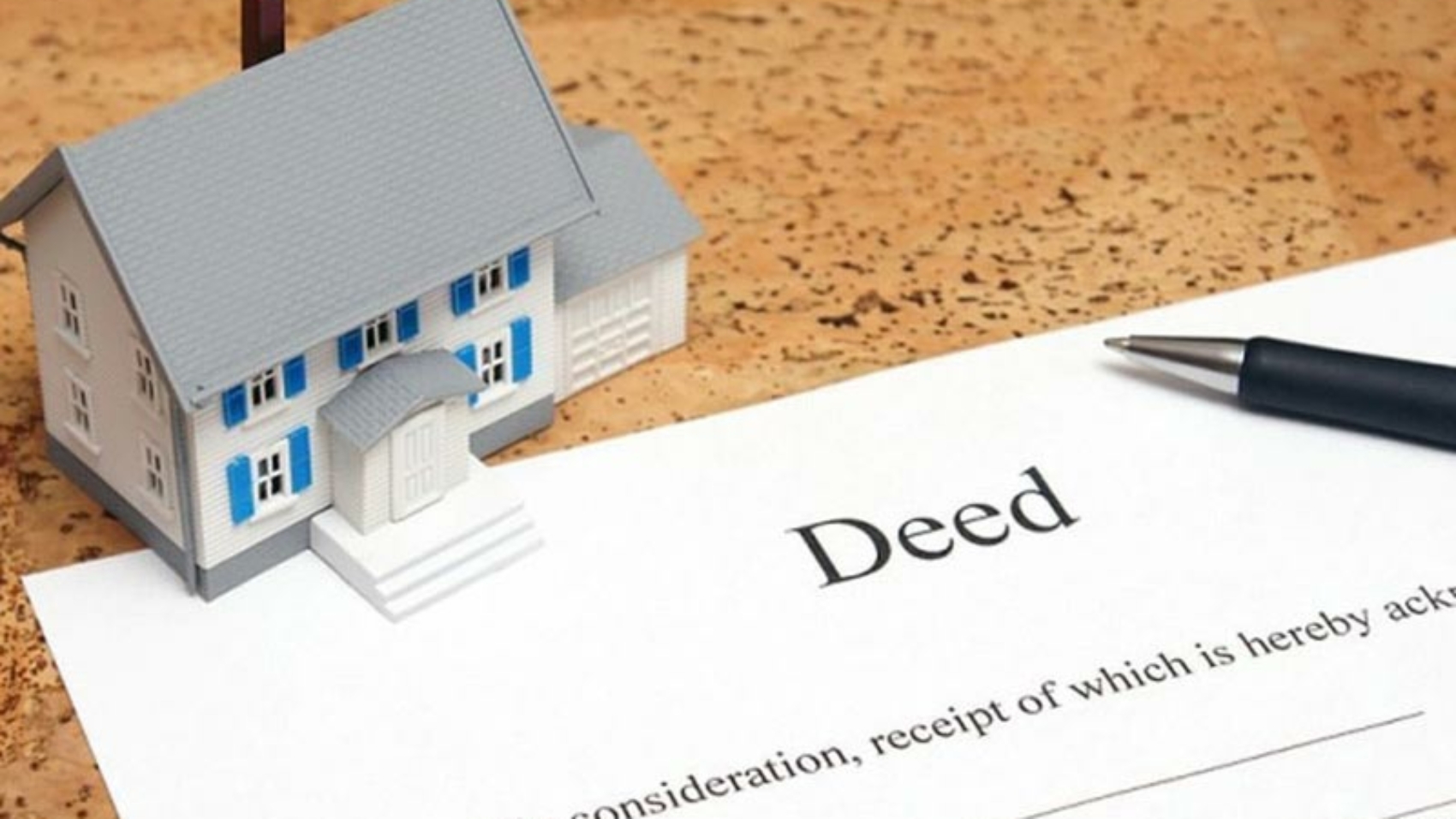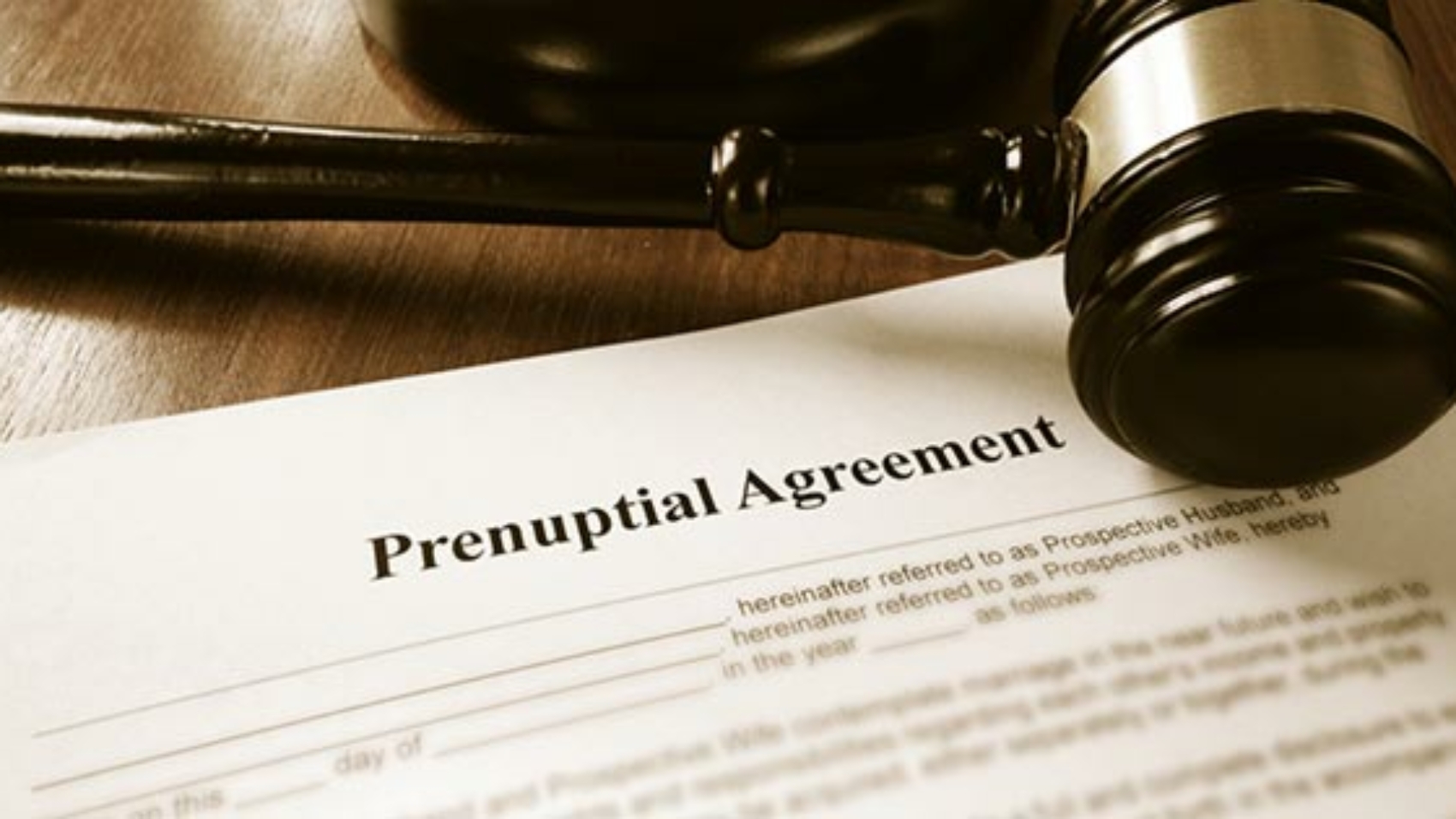If you have entered into a contract in Thailand and you are unsure about whether or not it is legally binding, you may want to have a Contract Legal Review performed. Getting a law firm or lawyer that specializes in contract legal reviews is highly recommended. Thai contract review lawyers can explain all the details of a contract and suggest factors in line with Thai law. In addition to contract legal reviews, they offer free consultations.
Retaining the Service of a Contract Lawyer
A foreign attorney has an advantage in contract legal review in Thailand as they can foresee possible pitfalls that a non-Thai may face. They can weigh the implications of having different laws in various jurisdictions, and can look for unequal rights or legal ambiguities. They can also provide insight into how to protect your interests and minimize the risk of a contract getting out of hand. They have the right knowledge to advise you on the best way to resolve a potential contract dispute.
Law Office in Thailand
If you are seeking a lawyer in Thailand to help you with your contract, there are many advantages to working with them. For example, you will be able to get a contract reviewed without leaving your home. This is an excellent option if you live in Thailand and need to get the contract reviewed before you enter into a new agreement.
Cost of Contract Legal Review
Contract legal review is essential to protect your business. Many top officials are in a rush and have too much on their minds. Hiring a legal professional to review your contract can help you avoid costly lawsuits and avoid unnecessary complications. You can save yourself a lot of hassle by hiring a contract legal reviewer with litigation experience. These experts can help you understand your contract in detail and determine whether it is in your best interests.
Requirements for a Contract Legal Review
One of the best ways to protect your interests when buying property in Thailand is to have a contract legal review done. These reviews will ensure that all of the terms of the contract are fair and legal. The lawyer who drafts the contract will always be acting in the best interests of the seller, so you should be able to expect a fair deal. In addition to ensuring that you get the best deal possible, contract reviews will also protect you from any legal pitfalls that can ruin your property purchase.





